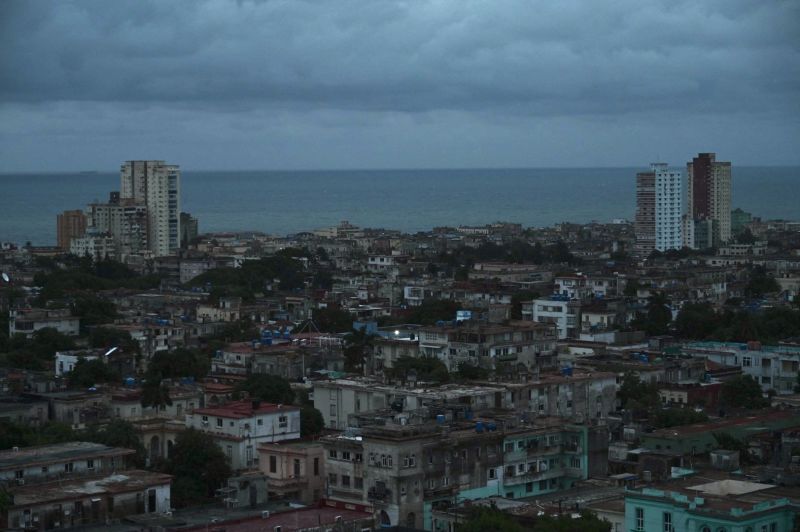The sun may have been, paradoxically, the only source of light illuminating Cuban homes and streets this week as a second, nationwide power outage hit the Caribbean island, underscoring the ongoing and deteriorating energy crisis the country is currently battling.
To provide context, the first nationwide blackout occurred in mid-June, a foreboding event brought about by a state-owned power utility’s failure. This mishap was quickly attributed to the country’s dilapidated and overstretched power infrastructure that could not cope with the high demand being placed on it.
The recent energy outage was of a much higher scale, casting a significant part of the country – from Pinar del Rio in the extreme west to Guantanamo in the east – into darkness. Information about this power outage flooded social media platforms, with residents sharing images of pitch-black streets and describing hours without electricity. The discomfort and inconvenience caused by this event are amplified by the searing Caribbean summer temperatures.
As a country already grappling with economic challenges, Cuba’s energy crisis is an unfortunate addition to its mounting problems. A significant factor in this scenario is the political and economic slump Venezuela, Cuba’s main ally and oil supplier, is currently undergoing. This has significantly reduced the quantity and regularity of oil shipments from Venezuela, literally exacerbating the power shortage problem.
Additionally, local inefficiencies add to the weight of this issue. Corruption, poor planning, mismanagement, and the slow pace of economic reform have seriously hampered the development and maintenance of the country’s energy infrastructure. These factors, along with relentless domestic energy consumption driven by increasing urbanization and industrialization, put an inexorable strain on Cuba’s power grid.
However, responses to the crisis are coming from surprising quarters. Many Cubans, in the face of a daunting energy scarcity, are resorting to renewable energy sources, embracing solar power in particular, to mitigate some of the impacts of the energy crisis.
Among strategically thinking residents, there seems to be a rapidly growing awareness that renewable energy is perhaps a more sustained, long-term solution to their energy needs. The shift to renewable energy could potentially catapult Cuba into a unique role as a case study for swift energy transitions amidst extreme scarcity and infrastructural constraints.
Cuba’s energy crisis, as shown by the recent nationwide blackout, is deeply rooted in local inefficiencies and larger geopolitical dynamics. Solutions, it seems, are being engineered more by Cuban residents than the government. The transition to renewable energy could be the silver lining that this Caribbean nation needs as it trudges through a dark, unwelcomed summer. As the situation continues to unfold, the global community watches, offering lessons for other jurisdictions wrestling with energy security issues.




